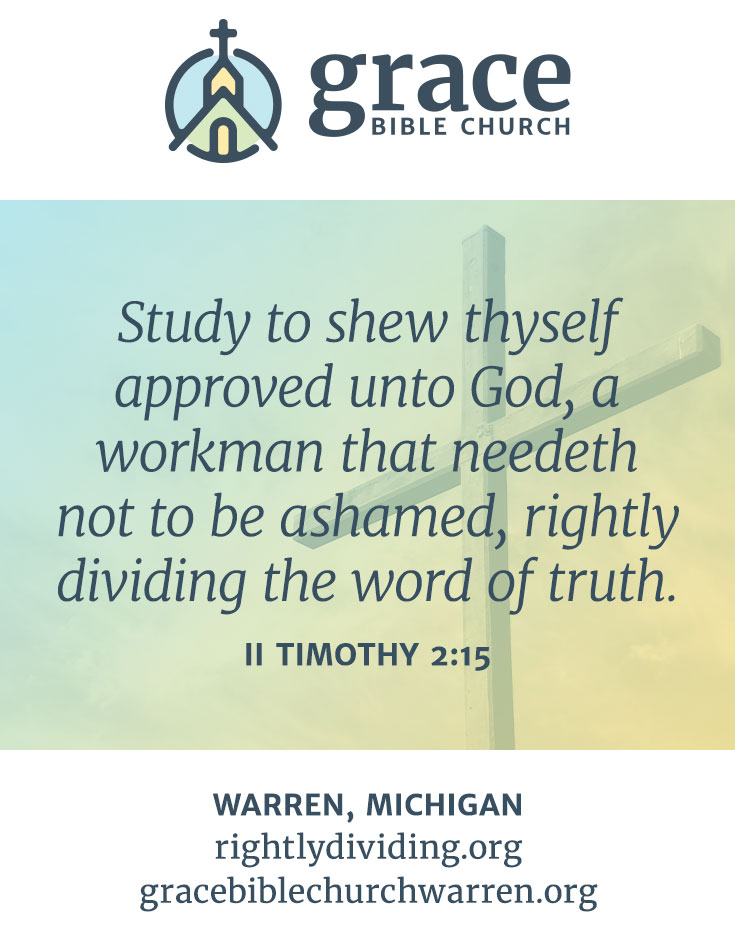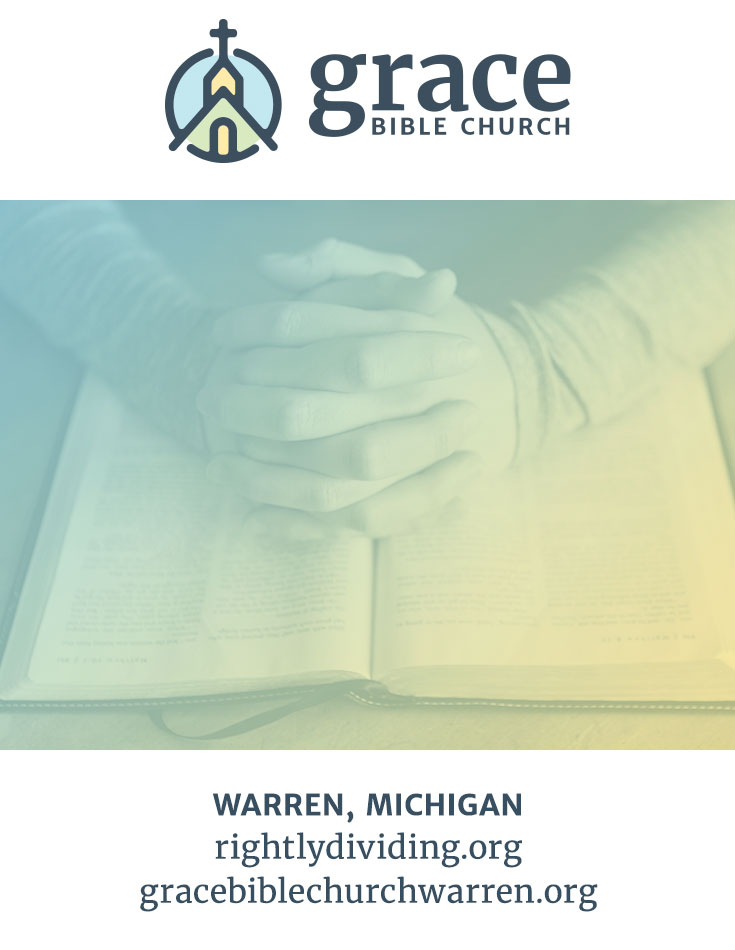My wife and I enjoyed the Ohio Bible Conference in May. I read with interest the paper given to us concerning the translation of the 1611 King James Bible also known as ” the Authorized Version.” I love a one page summary.
I have long held unanswered questions on this subject. Perhaps you can help me out. I have talked to many people over the years and received many conflicting answers.
I understand that all Scripture is given by the inspiration of God and would therefore be inerrant in it’s original writings. Of course any exact copies made after that could also be inerrant.
My questions begin with claims made about subsequent translations. There are obviously good translations and not so good translations, but are they not all translations? The paper given to us at the conference told how the 1611 version came into existence. It required six companies of translators ( not sure how many people in each company) plus the insights of previous translators. This new translation also acknowledged it’s debt to its predecessors, the Tyndale Bible and the Geneva Bible. In other words, other translations.
Instructions were given to these companies of translators by James I and the bishop of London to be sure that this translation would conform to the theology of the Church of England. It also included the Apocrypha which was later removed. The Bishop of Gloucester set out the hope that ” Out of many good ones (translations) there would now be one principal good one.”
I have also no reason to doubt that this information given to us is accurate except for one small point which I will make later.
Most of the King James only people to whom I have spoken seem to be unaware of its origin. They told me that the translators of this version were inspired by God and therefore it is inerrant. All other versions, even the New King James , are not inspired and therefore should not be used because they contain error. This line of thinking leaves me with several questions and when I try to discuss this with them I am usually met with argumentative responses and then a refusal to continue the discussion. It is difficult to receive valid answers.
1. If the 1611 version is inspired and therefore inerrant, why did it take 6 companies of translators?
2. Why is there a 1613 & 1615 version ?
3. Why did these translators need to refer back to previous English translations and other translators?
4. Why was the Apocrypha included and then later removed ?
5. Why should inspired translators need to conform to the theology of the Church of England? In other words, which came first the chicken or the egg?
6. What happened to scripture between the original manuscripts and the 1611 Version?
7. Are there other inspired translations in other languages?
8. Even the Bishop of Gloucester stated the 1611 version to be a good version which came out of other good versions. My understanding of the word “good” is not the same as perfect or inerrant. A major league ball player with a batting average of 300 is considered to be very good. I believe the original manuscripts would have a batting average of 1000.
9. Is not the “authorized King James Version” which we use today different from the 1611 King James English? I tried to read some of that one and was quickly frustrated.
I love to read scripture and learn God’s Word. I love fellowship with other believers but am disappointed when a discussion turns into an argument. There are too few of us now.
The information given to us at the conference leads me to continue to believe that the KJV is a very good translation but the translators were not inspired by God. I hope you can help me out. I like the phrase “King James preferred” rather than ” King James Only”
I was saved 34 years ago using an “American Standard Bible” A KJV only person told me I could not have been saved using an uninspired Bible but I know what happened to me.
I do believe an error was made (inadvertently) in the last paragraph of the paper given to us. 1620: “The Pilgrim Fathers set sail to America, taking the English Bible with them.” This statement is correct in and of itself but in the context of the paragraph it leaves the impression they took the KJV with them If recorded history is correct the Pilgrims took the Geneva Bible with them.
Marge and I will be traveling through Massachusetts in September on vacation. We are going to the Plymouth Hall Museum to view the Bible carried by William Bradford. If it is not the Geneva Bible we will let you know.
Sorry it took so long to respond to your email. It has been that busy around here. Even still I am only going to give you a short answer to a long and complex series of questions. Please forgive me it I am simplifying it too much.
First let me say there are so many voices out there for and against the KJV that are saying things that only add to confusion, such as saying “the KJV translators were inspired by God.” I can see why you would be confused. It was the “scriptures” that were inspired by God, not even the original penman. Along with all the confusing statements there is much emotional heat on both sides. Certainly this is a subject that is very important and every person must come to a persuasion where they stand because in order for there to be truth, there must be an authority, and if there is an authority, where is it!
The first 7 questions you asked are based upon the belief that the KJV translators were inspired of God. Since I do not believe they were, then someone who does would have to answer those questions. And I think they would have a hard time.
Question 8 quoted the Bishop of Gloucester stating that the 1611 version was “good.” But as you say, that does not mean perfect. But this is where the doctrine of preservation comes into play. One cannot read the scriptures without seeing that God intended to communicate to us through His written Word. Babel was the perversion of God’s witness in the stars and one of God’s purposes for calling out Abraham and creating of him the nation of Israel was to commit to them “the oracles of God.” His Word was put in a book to be preserved forever – Isaiah 34:16. For 1500 years till the coming of the Lord Jesus the scribes preserved the Old Testament to the point that the Lord Jesus Christ never question “what is written.” In fact he questioned the religious authorities over six times asking the “have ye not read.” In fact in Matthew 22:31 he asked them “have ye not read that which was spoken unto you by God, saying…”. He expected those who read the copy of scripture they had in his day to read it believing that was God speaking to them. This is what Paul expected as well – I Thessalonians 2:13, II Timothy 3:16,17.
Knowing that I Timothy 3:15 says the church is the “the house of God, … the church of the living God, the pillar and ground of the truth;” I know that God working in the Body of Christ would preserve the truth. So all through the dark ages it was there but not always assessable because of the evil church that ruled. As that church weakened and Believers gave their life, God working in them, collected and identified the pure Word of God and translated it into English (the upcoming language that would become the language of the world). The KJV was the finishing touch. Those commissioned for the translating incorporated both Theologians from the Church of England but also from the Puritans and those outside the Church of England. Neither could have their way, but were held to the truth. Therefore the KJV became the standard for 400 years until the late 1800’s when liberal, unbelieving scholars thought they could correct the scriptures.
Now I know you know all this but for me it comes down to a matter of faith. Does God expect me to stand along on the Word of God, the B-I-B-L-E, as I have always been taught? And if so I must decide where that authority is. I know that man and Satan will oppose God’s Word, even “good” men will change God’s Word to defend their point of view on a doctrine. For me the KJV is the Word of God in the English Language for a lot more reasons that I have expressed here. It is upon this conviction that I choose to believe it is without error. If there was even one error, then another authority would have to override it and then I would have to ask as Pilot, “What is truth?”
Your ninth question asked about the difference between the 1611 and today’s KJV. Certainly the spelling has changed. I too have a 1611. Those who argue over the different updates of the KJV say there are changes, and others say those changes are only in spelling and punctuation, over a capital “S” on spirit or a small “s.” Again, for me, I trust the copy I have. If there were changes, they were minute and to my benefit.
Many are saved using the other translations, just as many people are saved by reading the gospel in books or in a tract, but I would not trust any of those translations to be my authority. They are the reason many do not come to understand right division or even dispensational truth.
Lastly, I believe you are right. The Pilgrims brought over the Geneva Bible. The KJV followed later.








